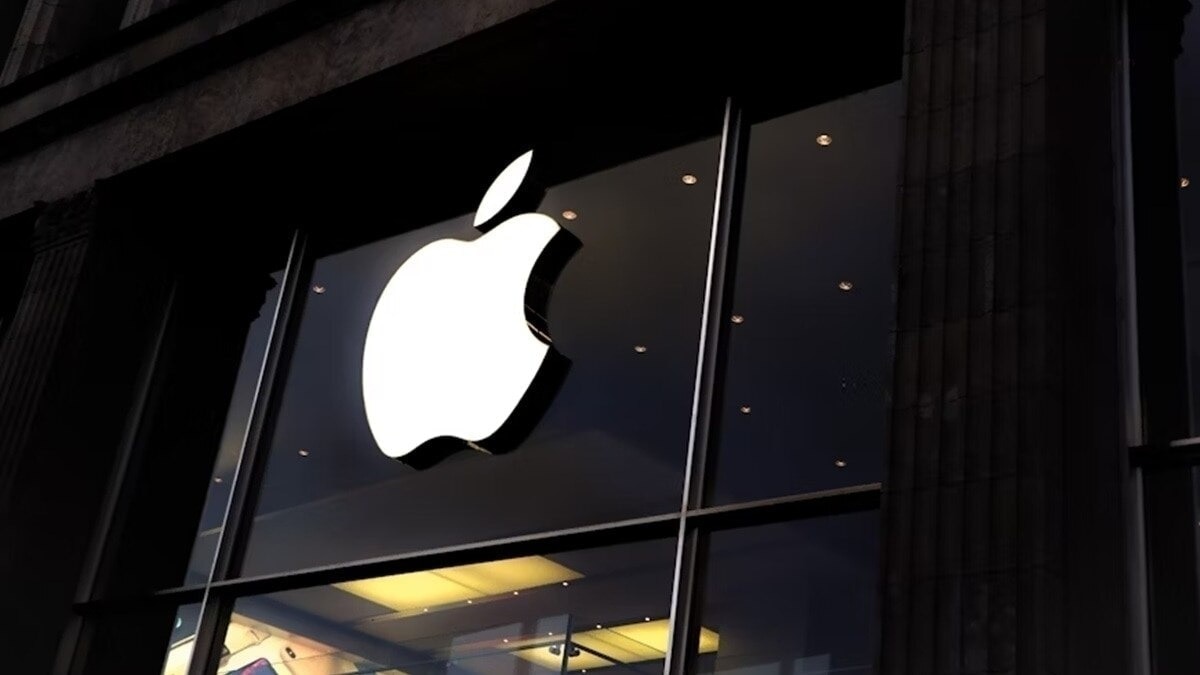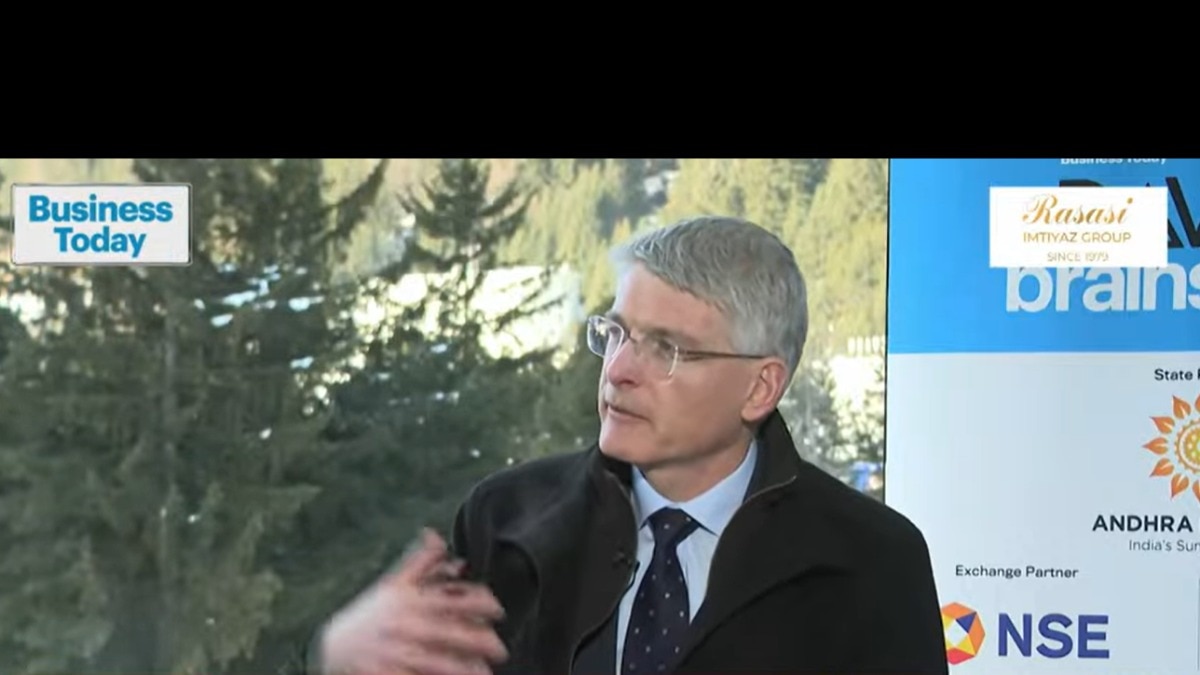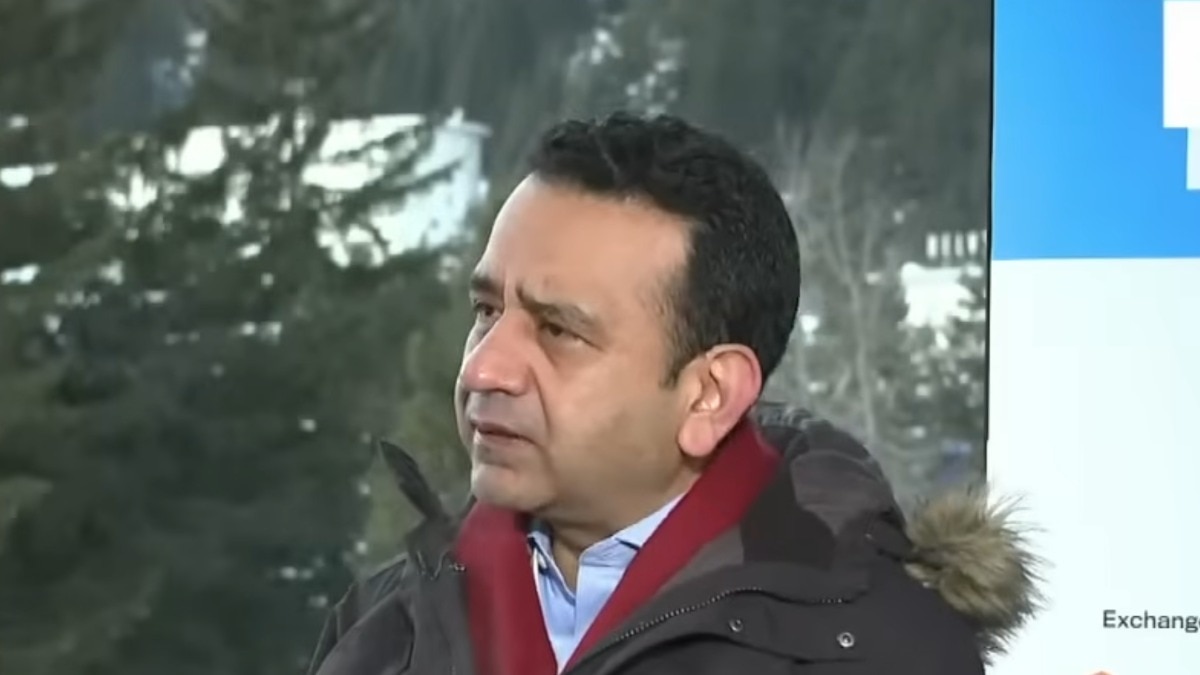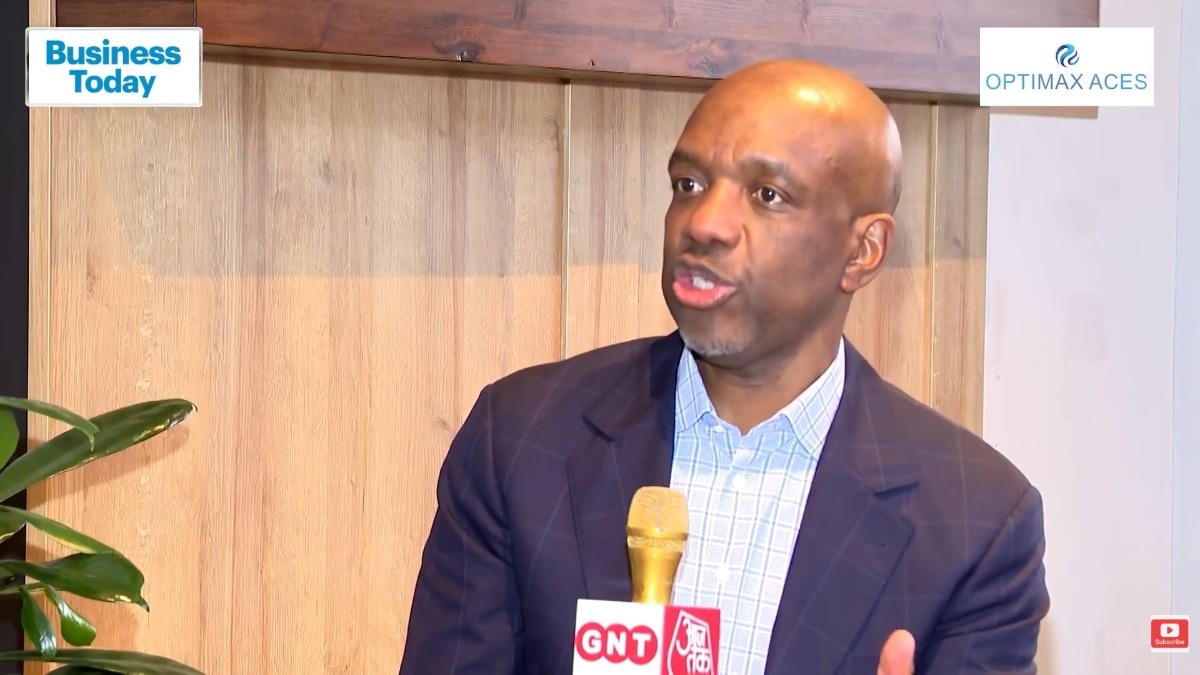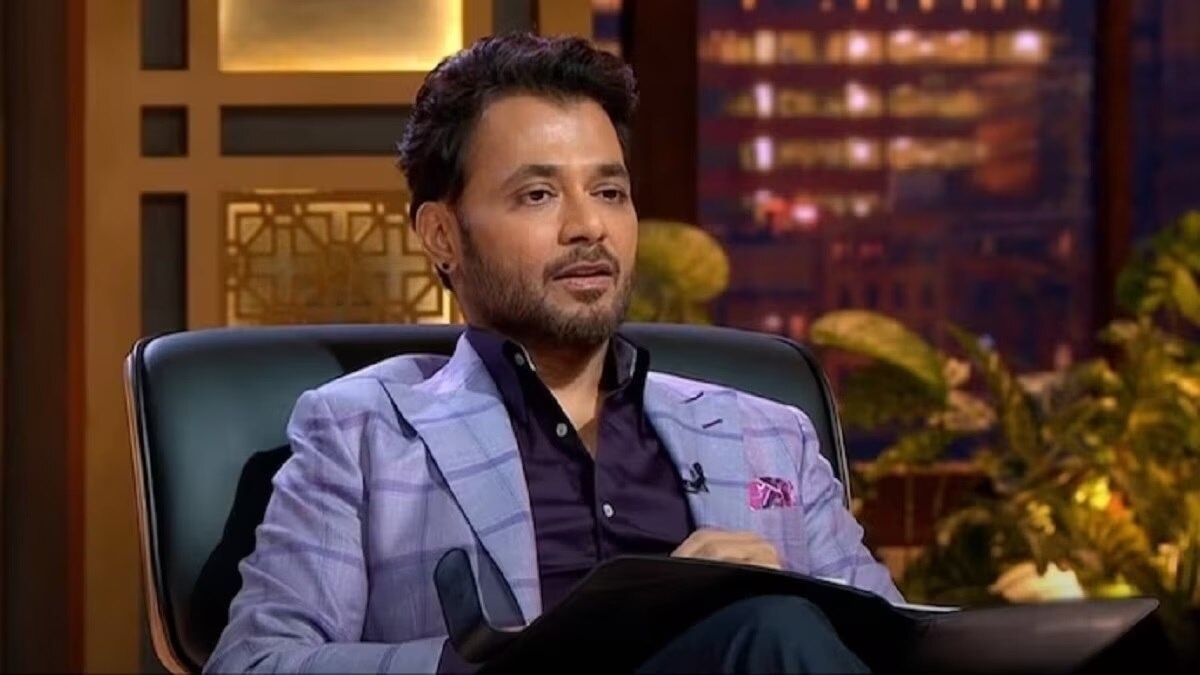Highlights
The Impact of Artificial Intelligence on the Future of Work
As artificial intelligence continues to advance rapidly, its influence on the future of work is becoming an increasingly pressing issue. Prominent tech companies, including Amazon and Nvidia, have started to publicly acknowledge that AI will significantly transform the global workforce. However, Demis Hassabis, the CEO of Google DeepMind, asserts that not all professions face the same level of risk.
AI’s Growing Role in Healthcare
Hassabis shared insights during a recent interview with Wired, highlighting how AI systems are already proving beneficial in healthcare by interpreting medical scans, assessing lab reports, and even recommending treatment plans. He noted that the future might see AI playing a crucial role in diagnosis, particularly due to its proficiency in analysing vast amounts of complex data. This capability could position AI as an invaluable partner to healthcare professionals in the years ahead.
Nursing: A Unique Human Profession
When discussing artificial general intelligence (AGI) and the potential for machines to take over human roles entirely, Hassabis underscored the distinction for nurses. He argued that while AI might assist and even surpass doctors in specific technical tasks, it cannot emulate the empathy, trust, and emotional intelligence that nursing demands. He remarked that while individuals might be open to receiving care from an AI doctor, the same might not hold true for a robotic nurse.
Hassabis articulated that nursing is deeply rooted in human connection. Beyond mere physical care, nurses provide comfort, reassurance, and support to patients during vulnerable moments—qualities that no level of technological advancement can genuinely replicate. He elaborated that although a robotic nurse might showcase efficiency, it would fundamentally lack the warmth and compassion that are vital to quality caregiving.
Industry Perspectives on AI’s Workforce Impact
This differentiation arises as industry leaders express concerns regarding widespread disruption. Andy Jassy, CEO of Amazon, recently indicated that AI would contribute to workforce reductions, while Jensen Huang, CEO of Nvidia, warned that every job would be influenced—some would disappear, but many new roles would emerge.
Hassabis concurs that AI will usher in significant changes to employment within the next five to ten years. He regards the current phase of technology as an “additive force,” but acknowledges that transformative shifts are unavoidable, particularly as AI takes over repetitive and time-consuming tasks across various sectors.
Optimism for Human-AI Collaboration in Healthcare
Despite the challenges, the DeepMind chief remains hopeful about the prospects of human-AI collaboration in healthcare. He envisions AI as a tool that will enable doctors and nurses to dedicate their efforts to more complex, human-centric activities, leading to quicker diagnoses, tailored treatment plans, and ultimately improved patient outcomes.
However, as AI capabilities expand, experts are cautioning that vigilance is necessary. Geoffrey Hinton, often dubbed the “Godfather of AI,” has voiced concerns that advanced AI systems may begin to form internal “thought processes” beyond human comprehension, raising vital questions about transparency and accountability in the technology.
In conclusion, while the path forward for AI in healthcare is laden with opportunities for breakthroughs, it is evident that not all professions hold the same status in the era of machines.


